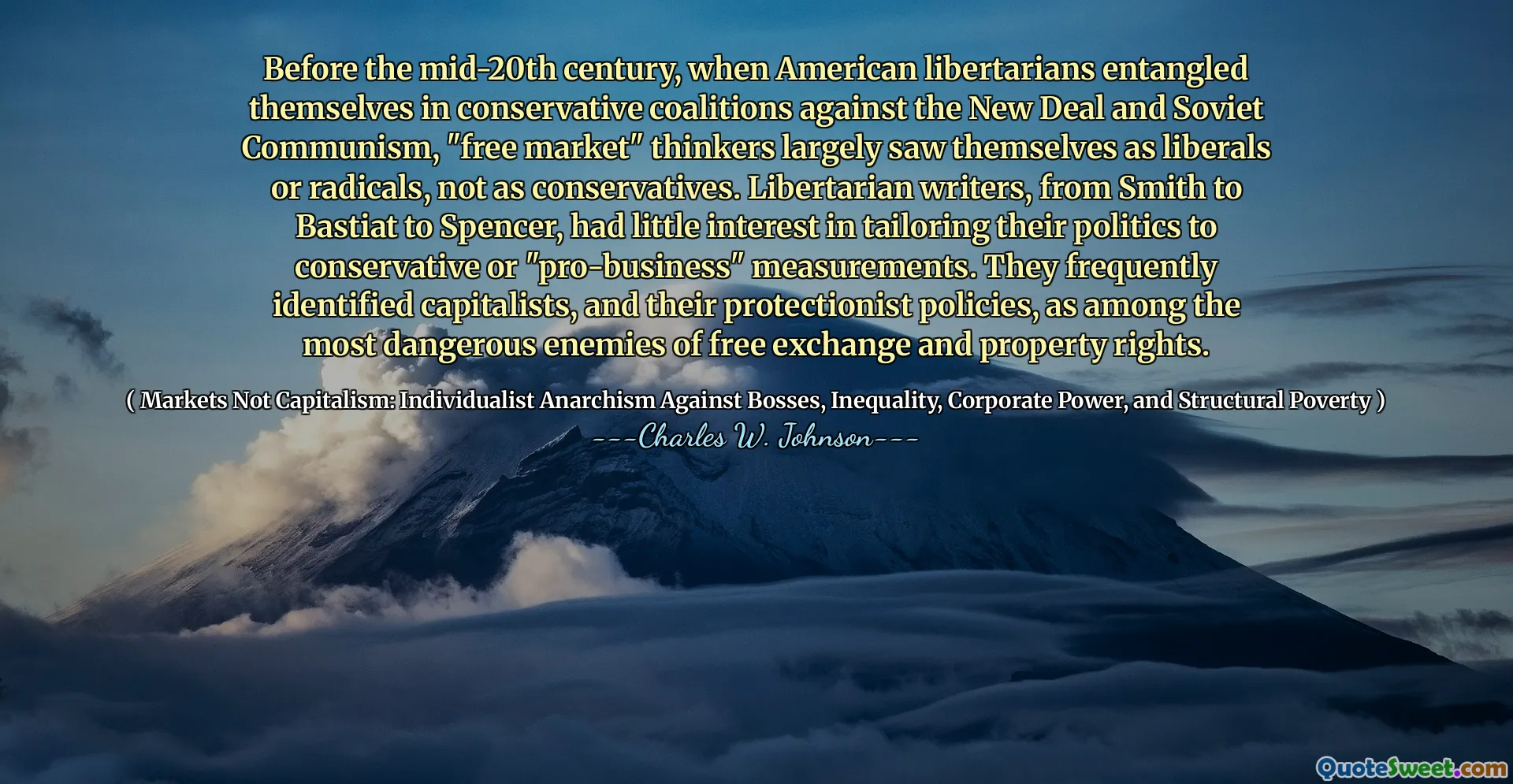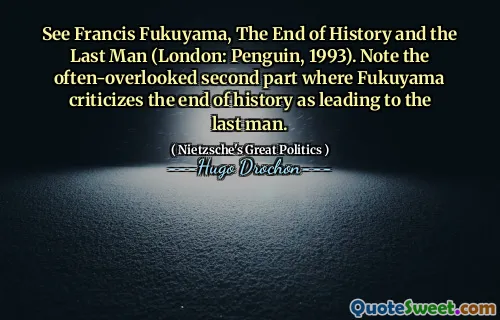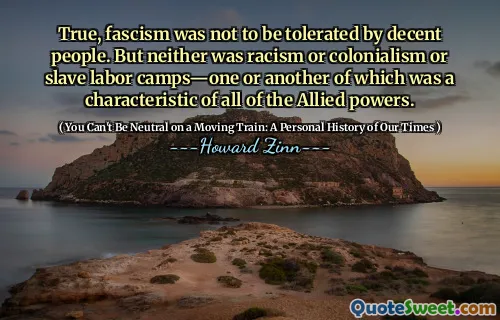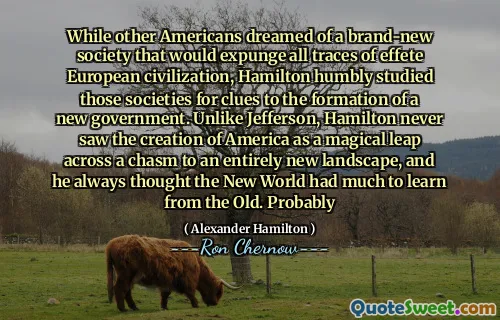
Before the mid-20th century, when American libertarians entangled themselves in conservative coalitions against the New Deal and Soviet Communism, "free market" thinkers largely saw themselves as liberals or radicals, not as conservatives. Libertarian writers, from Smith to Bastiat to Spencer, had little interest in tailoring their politics to conservative or "pro-business" measurements. They frequently identified capitalists, and their protectionist policies, as among the most dangerous enemies of free exchange and property rights.
This quote sheds light on the historical positioning of libertarian thinkers before the mid-20th century. It challenges the common assumption that libertarians have always aligned with conservative, pro-business politics. Instead, it highlights that early libertarians, such as Adam Smith, Frédéric Bastiat, and Herbert Spencer, primarily viewed themselves as liberals or radicals committed to free exchange and individual rights. Their opposition was often directed toward protectionist policies and capitalist practices that undermined genuine free markets. The quote emphasizes how the ideological landscape has shifted over time, with some modern libertarians aligning more closely with conservative coalitions. The historical perspective reminds us that libertarian principles rooted in individual liberty, free trade, and opposition to state intervention were not inherently associated with conservative political structures. Understanding this evolution is crucial, as it influences current debates about the ideological foundations of libertarianism. By recognizing that early libertarians viewed themselves as radicals attacking monopolistic tendencies and protectionism, we gain insight into the importance of maintaining clarity about the core values of free markets and individual rights, rather than allowing political affiliations to distort these principles. This context helps to critique modern ideological alignments and encourages a more nuanced appreciation of libertarian history and philosophy.






